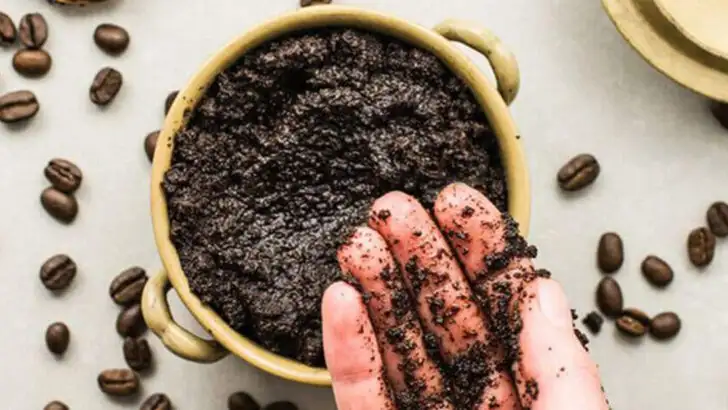After a day in the garden, you’re usually left with a pile of random scraps—wilted leaves, snapped stems, spent soil, maybe even a few broken twigs. Most of us assume they’re trash. But here’s the thing: many of those garden leftovers still have a job to do—you just need to know how to use them.
Much like kitchen scraps can become compost gold, garden bits you’d normally toss can be transformed into plant boosters, natural pest repellents, or even free soil enhancers. Some can help protect your plants from heat, others attract beneficial bugs, and a few are surprisingly great for regrowing more food.
This list rounds up 18 common garden leftovers that are secretly useful, plus exactly what to do with them. If you’re into saving money, wasting less, and making your garden work smarter, this is for you.
Banana Peels
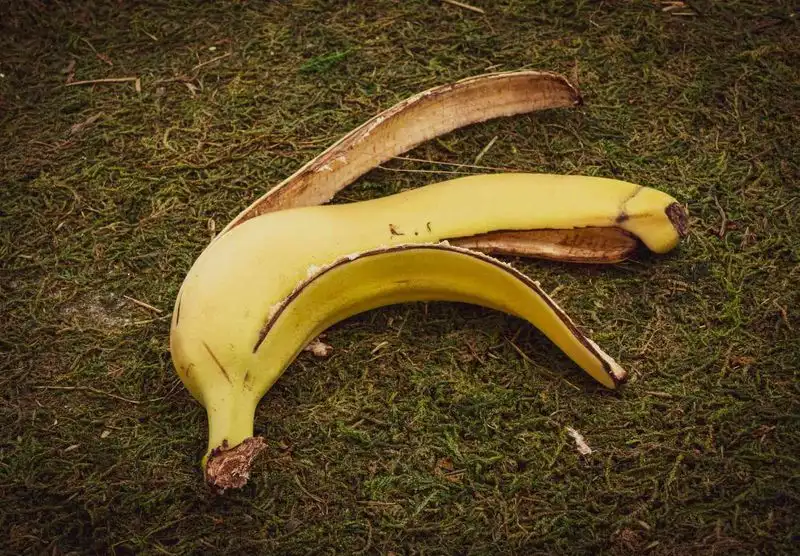
Ever thought of banana peels as garden gold? These humble remnants are packed with potassium, a vital nutrient for plant growth. Rather than tossing them, bury peels near the base of your tomatoes or roses. Over time, they’ll break down, enriching the soil. You can also steep them in water to create a potassium-rich tea for plants. This method is a natural, chemical-free way to boost your garden’s health. Remember, it’s not just about the fruit—peels have their own worth too.
Eggshells
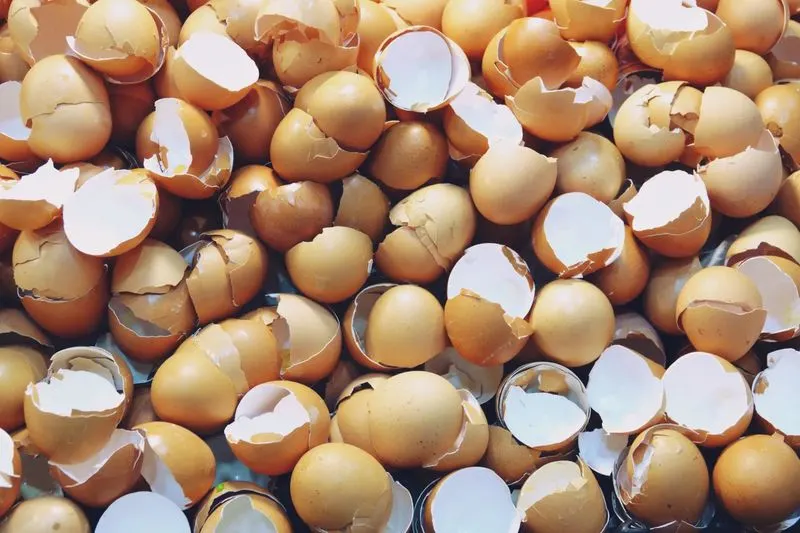
Did you know that eggshells can deter pests like slugs and snails? Crush them into small pieces and scatter around your plants. Not only do they act as a natural barrier, but they also decompose, adding calcium to the soil. This is particularly beneficial for vegetables like tomatoes and peppers that thrive on calcium-rich soil. An easy, eco-friendly pest control and soil enhancer, eggshells are more than kitchen scraps—they’re a gardener’s ally.
Coffee Grounds
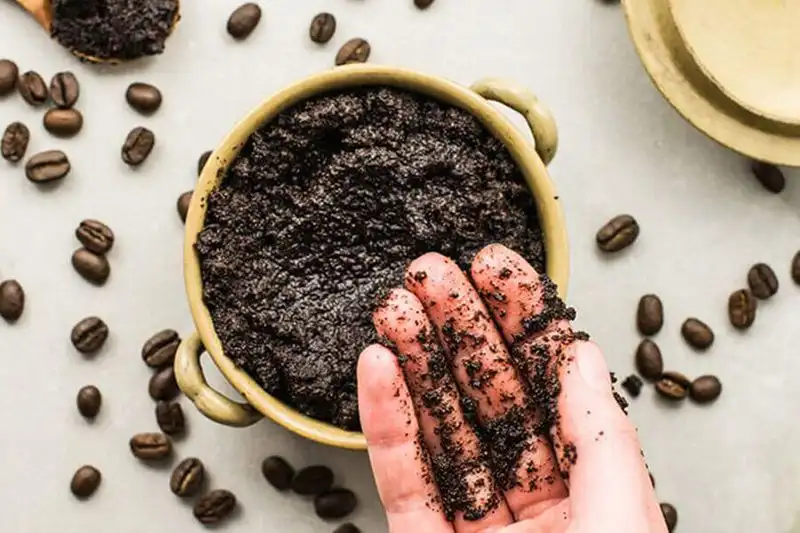
For garden enthusiasts, coffee grounds are a secret weapon. They can improve soil drainage and aeration. Simply mix them into the soil or use them as mulch. The nitrogen content also helps in composting, speeding up the process. Coffee grounds can deter pests due to their texture and smell. So, next time you brew your morning cup, think twice before discarding the grounds—they’re a gardener’s friend, ready to enrich your soil and protect your plants.
Grass Clippings
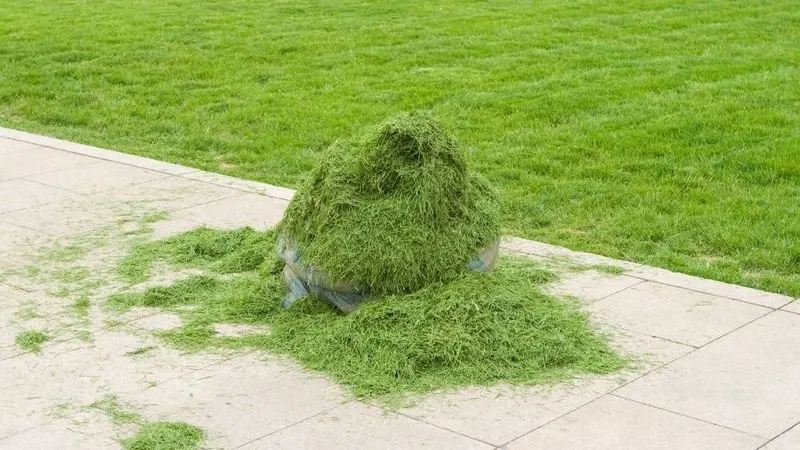
If your lawnmower leaves behind a trail of grass clippings, don’t just bag them up for waste. These clippings make excellent mulch, retaining soil moisture and suppressing weeds. You can also add them to your compost pile, where they’ll decompose quickly, providing a rich source of nitrogen. This is a free and effective way to nourish your garden while reducing waste. Grass clippings might seem mundane, but they hold valuable benefits for the environmentally conscious gardener.
Wood Ash
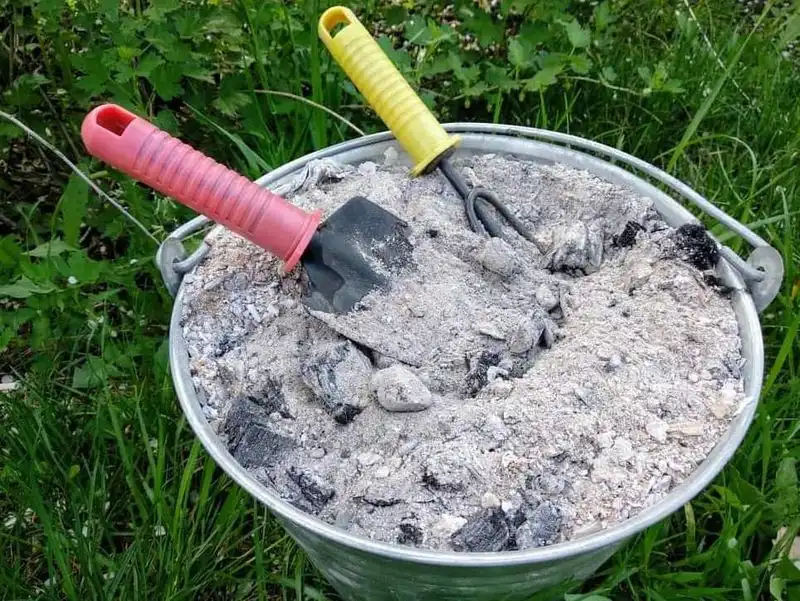
Wood ash isn’t just the remnants of a cozy fire; it’s a versatile garden supplement. Spread it lightly over your garden beds to raise the pH level of acidic soils. This can be particularly useful for crops like asparagus or garlic that prefer less acidic conditions. Besides correcting soil acidity, wood ash adds potassium to your garden. When used responsibly, it transforms from fireplace waste to a gardener’s resource, improving the health and yield of your plants.
Pine Needles
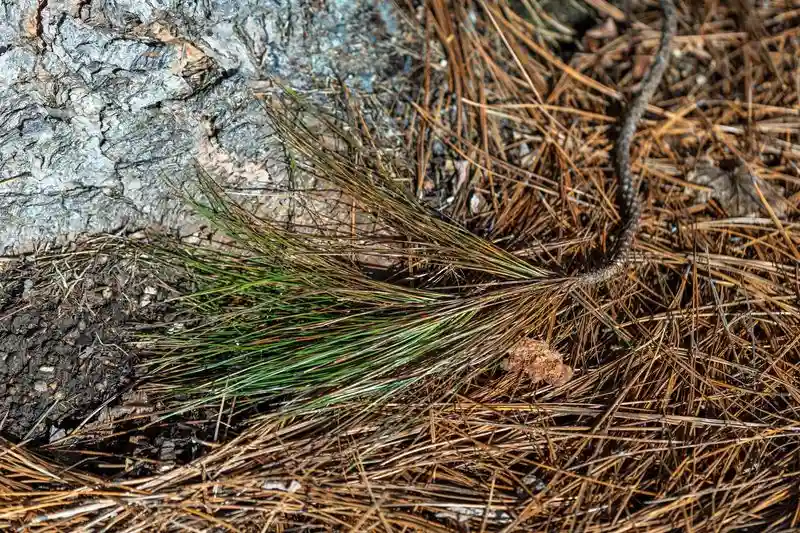
Pine needles make an excellent mulch, especially for acid-loving plants like blueberries and azaleas, as they slowly lower soil pH. They also help retain soil moisture and prevent weeds, all while adding an attractive, natural look to your garden. Pine needles decompose slowly, offering long-term benefits and reducing the need for frequent replenishment. Embrace their rustic charm and utility instead of viewing them as a mess to clean up.
Citrus Peels
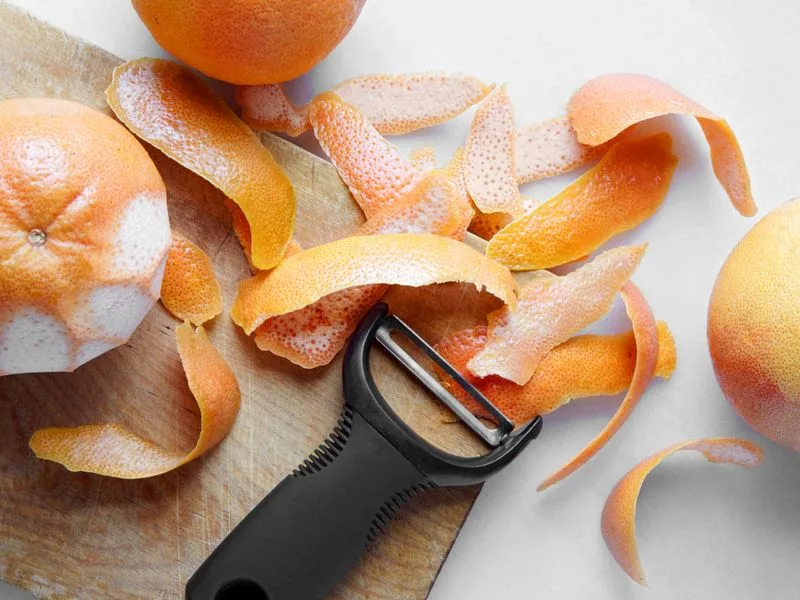
Citrus peels can do wonders for your garden compost. They add a refreshing scent while breaking down into rich organic matter. Shred peels into smaller pieces to speed up decomposition and add them to your compost pile. You can also use citrus peels to deter pests by placing them around plants. Their strong aroma helps keep unwanted insects at bay. Transform these zesty leftovers into a beneficial addition to your garden instead of throwing them away.
Onion Skins
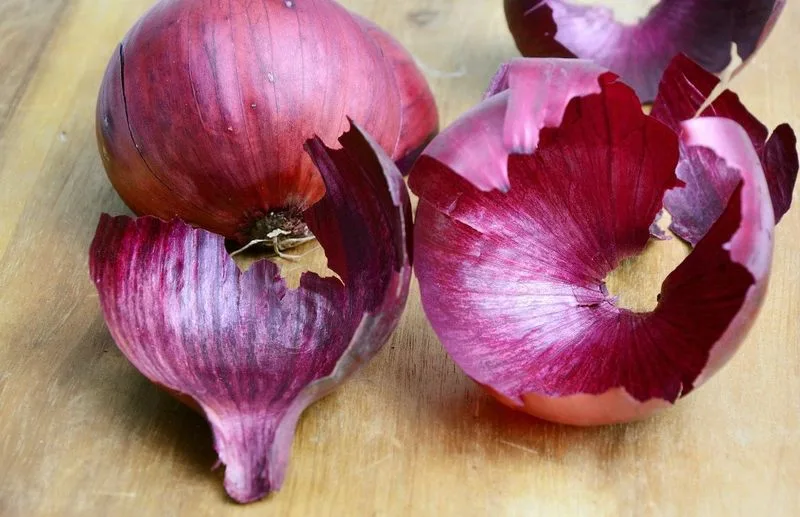
Don’t underestimate the power of onion skins. Rich in nutrients, they can boost the quality of your compost. Simply add them to your compost pile, where they’ll break down, enriching the mix with vitamins and minerals. Onion skins are also known to repel certain pests, making them a dual-purpose leftover. Whether enhancing your compost or deterring garden nuisances, these skins are a valuable, often overlooked resource.
Vegetable Scraps
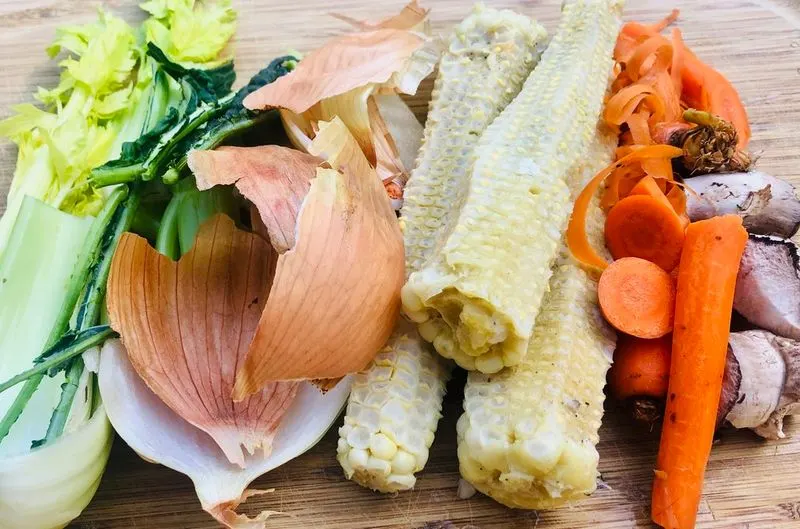
Vegetable scraps are a compost powerhouse, brimming with nutrients. Add everything from carrot tops to potato peels into your compost bin. As they decompose, they enrich the compost, providing essential nutrition to your plants. You can even use scraps to regrow certain vegetables like lettuce or celery by placing them in water until new roots sprout. Turn what might seem like waste into an opportunity to nurture both your garden and the environment.
Corn Cobs
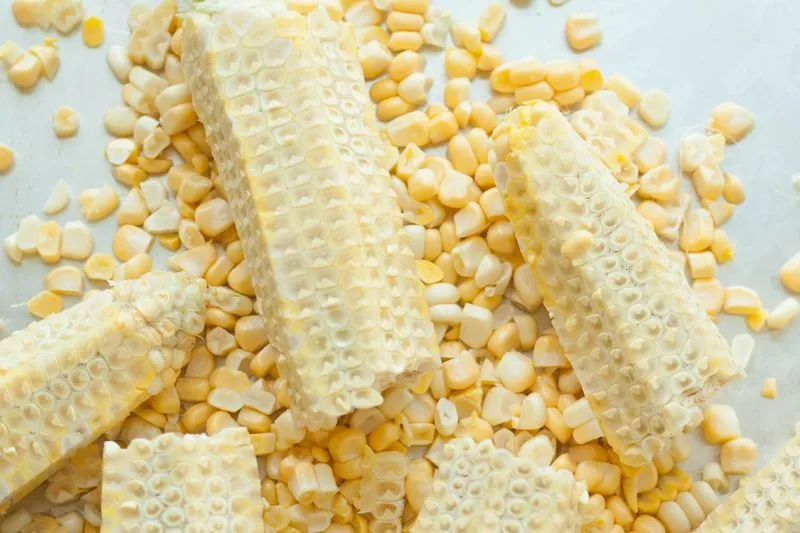
Corn cobs, often discarded after a summer barbecue, are a hidden gem for composting. They break down slowly, providing long-lasting aeration and structure to your compost pile. This slow decomposition is perfect for maintaining a healthy balance in your compost. Additionally, corn cobs can be used as a natural scrubber for cleaning pots and pans. Before you toss them, consider their potential to enhance your garden or assist in cleaning tasks around the home.
Potato Peelings
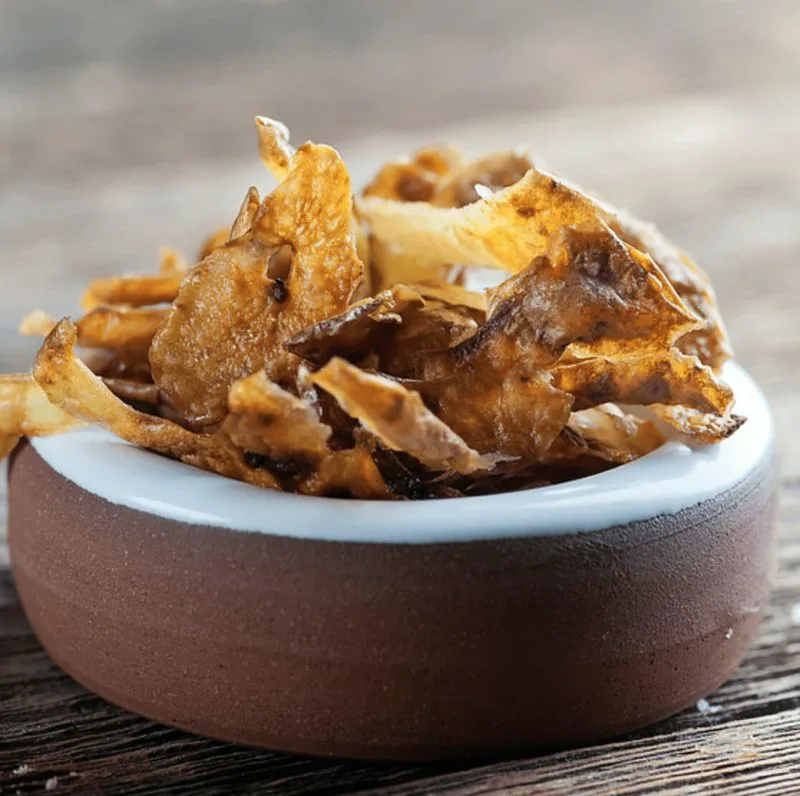
Potato peelings are not just kitchen waste; they can be a gardener’s ally. Rich in nutrients, they add valuable organic matter to your compost. Ensure peelings are free from disease to prevent issues in your garden. Alternatively, you can plant them directly to grow new potatoes. It’s an amazing cycle of using scraps to produce more food. Instead of viewing peelings as mere waste, see them as a means to enrich your soil and garden productivity.
Tea Bags
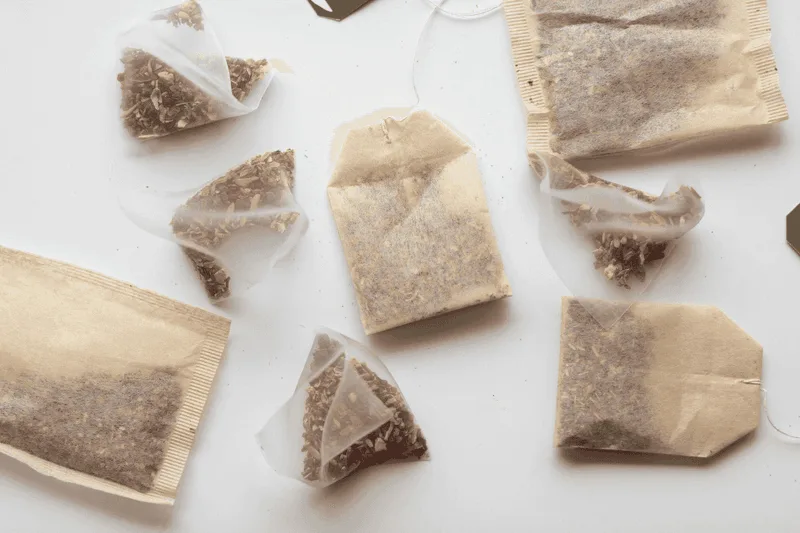
Tea bags offer more than a refreshing brew; they’re also beneficial for your garden. As they decompose, they enrich soil with organic matter. Simply bury them in your garden beds or compost. The tannins in tea can improve soil structure, benefiting plant growth. Be sure to use bags made from natural fibers to avoid synthetic materials. Embrace this small, daily ritual of repurposing used tea bags as a simple yet effective gardening practice.
Nut Shells
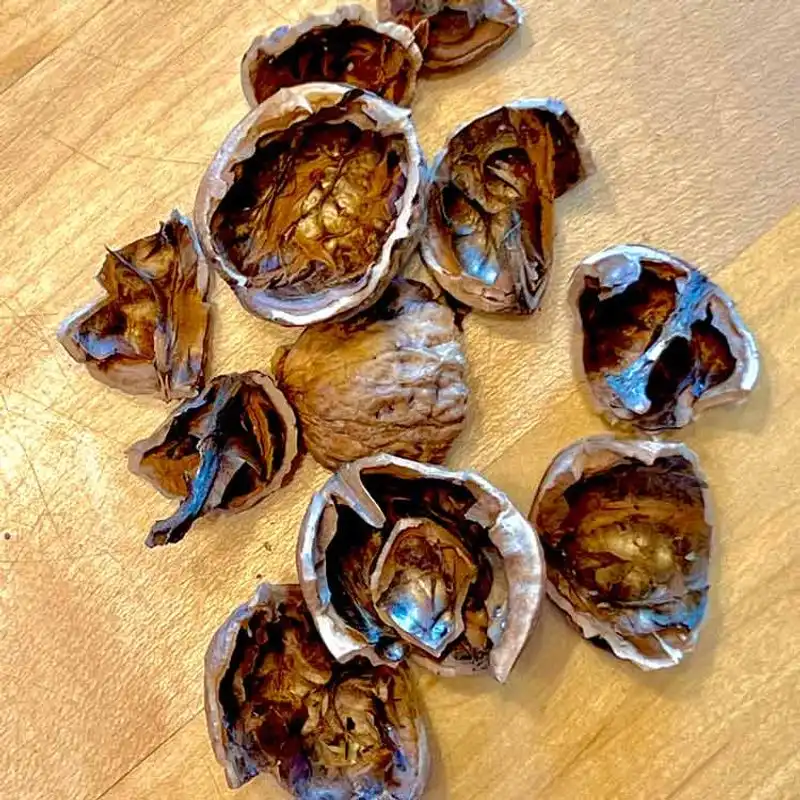
Nut shells, often discarded without a second thought, have practical uses in the garden. They decompose slowly, making them excellent for long-lasting mulch or drainage in pots. Before using, ensure they’re crushed to prevent sharp edges. Nut shells also add a decorative touch to garden paths. As they break down, they contribute to soil health while offering aesthetic appeal. Incorporate these shells into your gardening routine for a creative and sustainable approach.
Avocado Pits
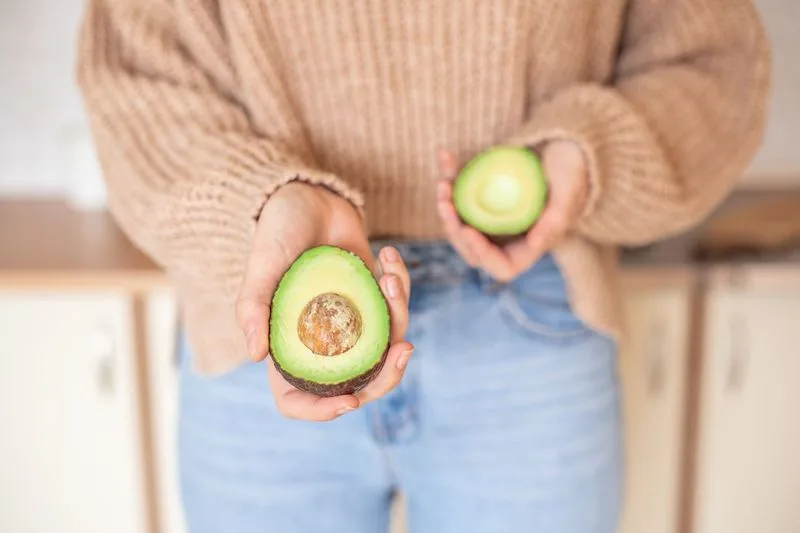
Avocado pits have potential beyond the bin. Use them to grow your own avocado plant. Suspend a pit in water until roots and a stem appear, then transfer it to soil. While it won’t yield fruit immediately, the plant can become a beautiful indoor tree. Additionally, ground avocado pits are said to have health benefits, although research before consumption is advised. These pits offer opportunities for growth and exploration, far beyond their typical endpoint.
Berry Leaves
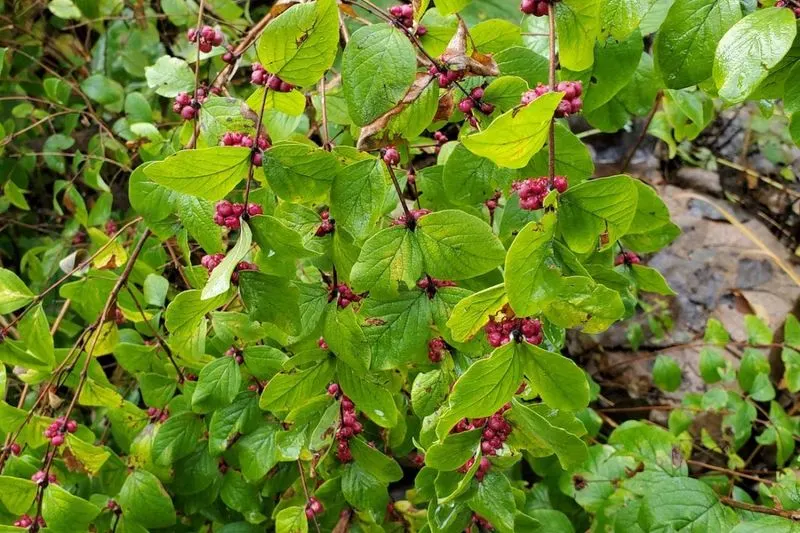
Berry leaves are often overlooked but can be transformed into a soothing herbal tea. Once dried, steep them in hot water for a unique flavor reminiscent of the berries themselves. This homemade tea can offer a delightful alternative to store-bought varieties. Berry leaves also contain antioxidants, providing health benefits alongside their pleasant taste. Instead of discarding these leaves, consider their potential to relax and refresh in a steaming cup.
Weeds
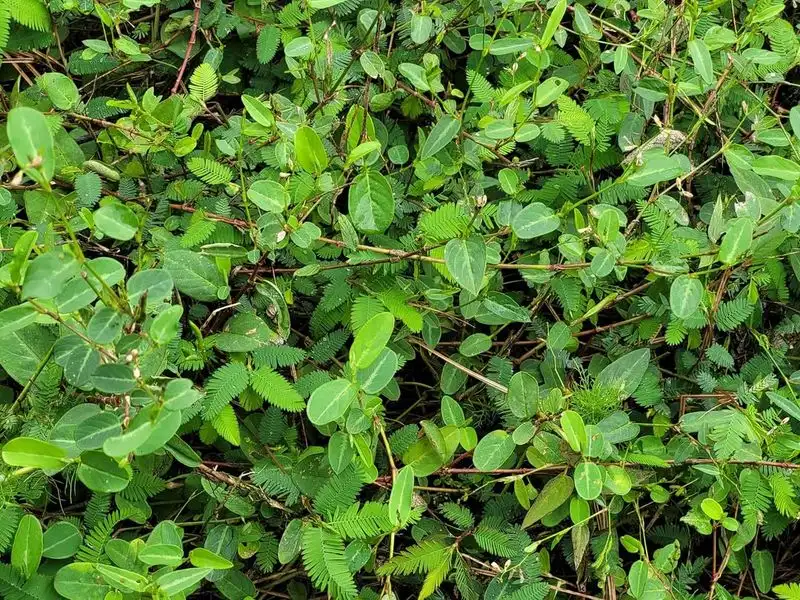
Weeds, while a gardener’s nemesis, can be repurposed effectively. Add them to your compost pile to decompose and contribute valuable nutrients. Ensure they haven’t gone to seed to prevent future issues. Weeds can also be steeped in water to create a nutrient-rich ‘weed tea’ for plants. This method can boost plant growth while managing garden waste. View weeds not just as a nuisance, but as a resource with the potential to enrich your garden.
Garden Trimmings
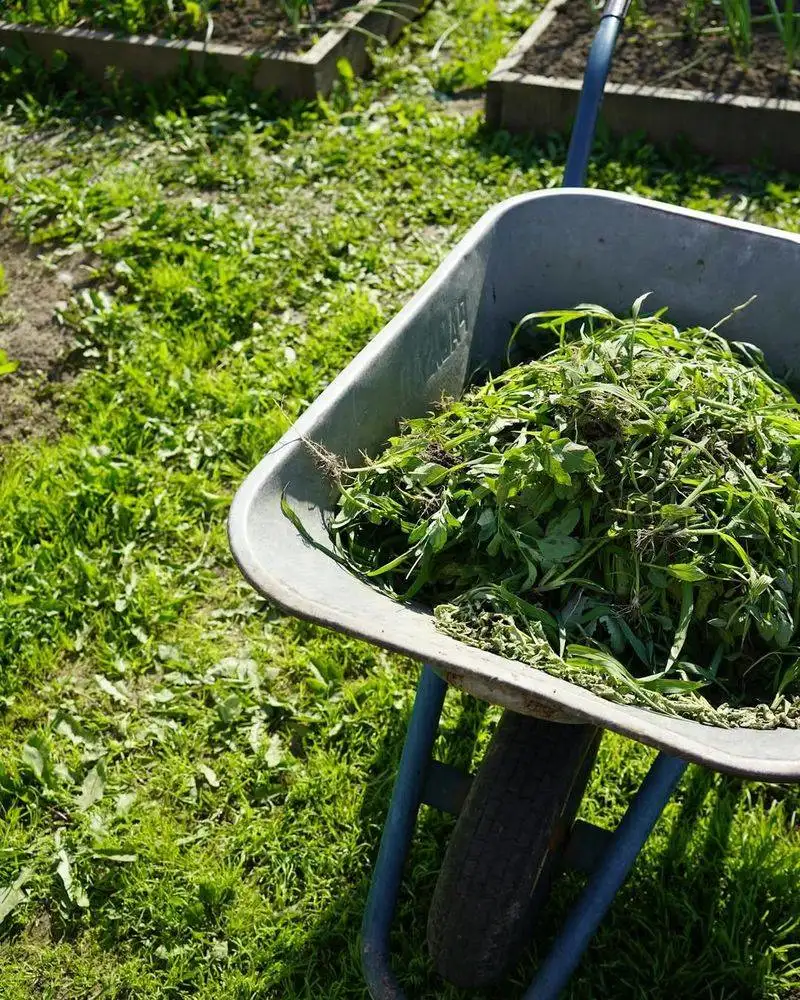
Garden trimmings, from pruned branches to hedge cuttings, offer surprising versatility. Use sturdy branches to construct trellises or supports for climbing plants. These natural structures blend into the environment and provide functional support. Smaller trimmings can be chopped for mulch or added to compost. Rather than discarding these materials, harness their potential to enhance your garden’s structure and health.
Fallen Leaves
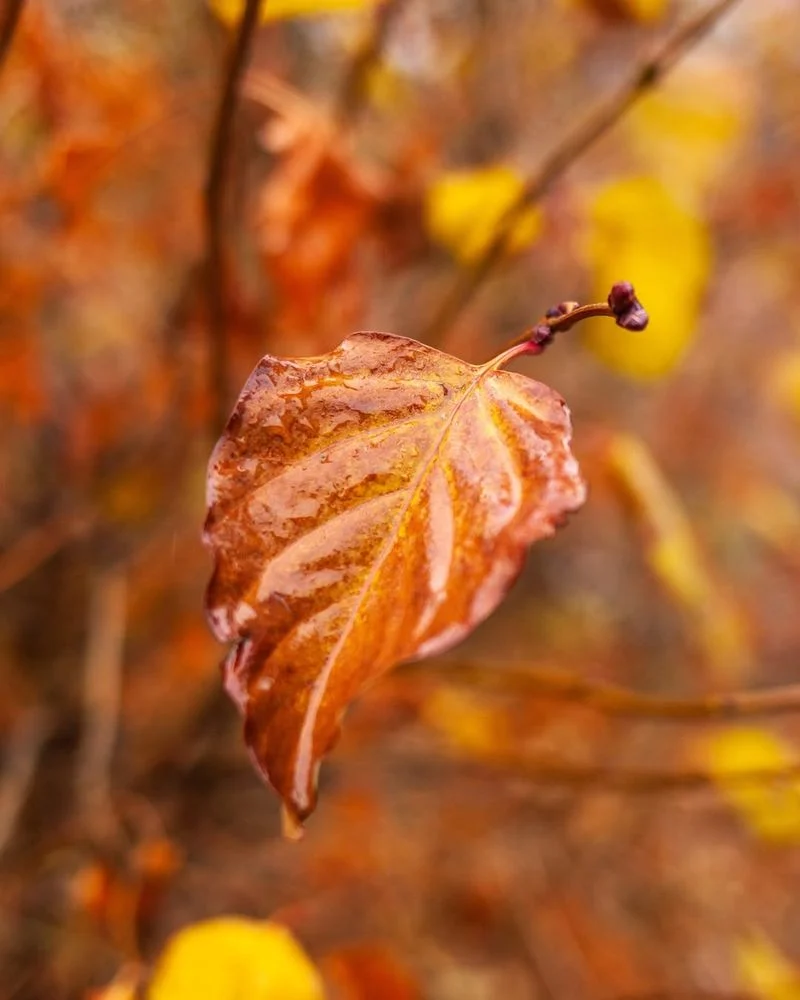
Autumn leaves, with their vibrant colors, can do more than beautify the landscape. As mulch, they insulate the soil, retain moisture, and suppress weeds. Over time, they decompose, enriching the soil with organic matter. Rake them into garden beds or add to compost for a nutrient boost. These fallen leaves transform from seasonal debris into a valuable gardening resource, nurturing your plants while reducing landfill waste.

